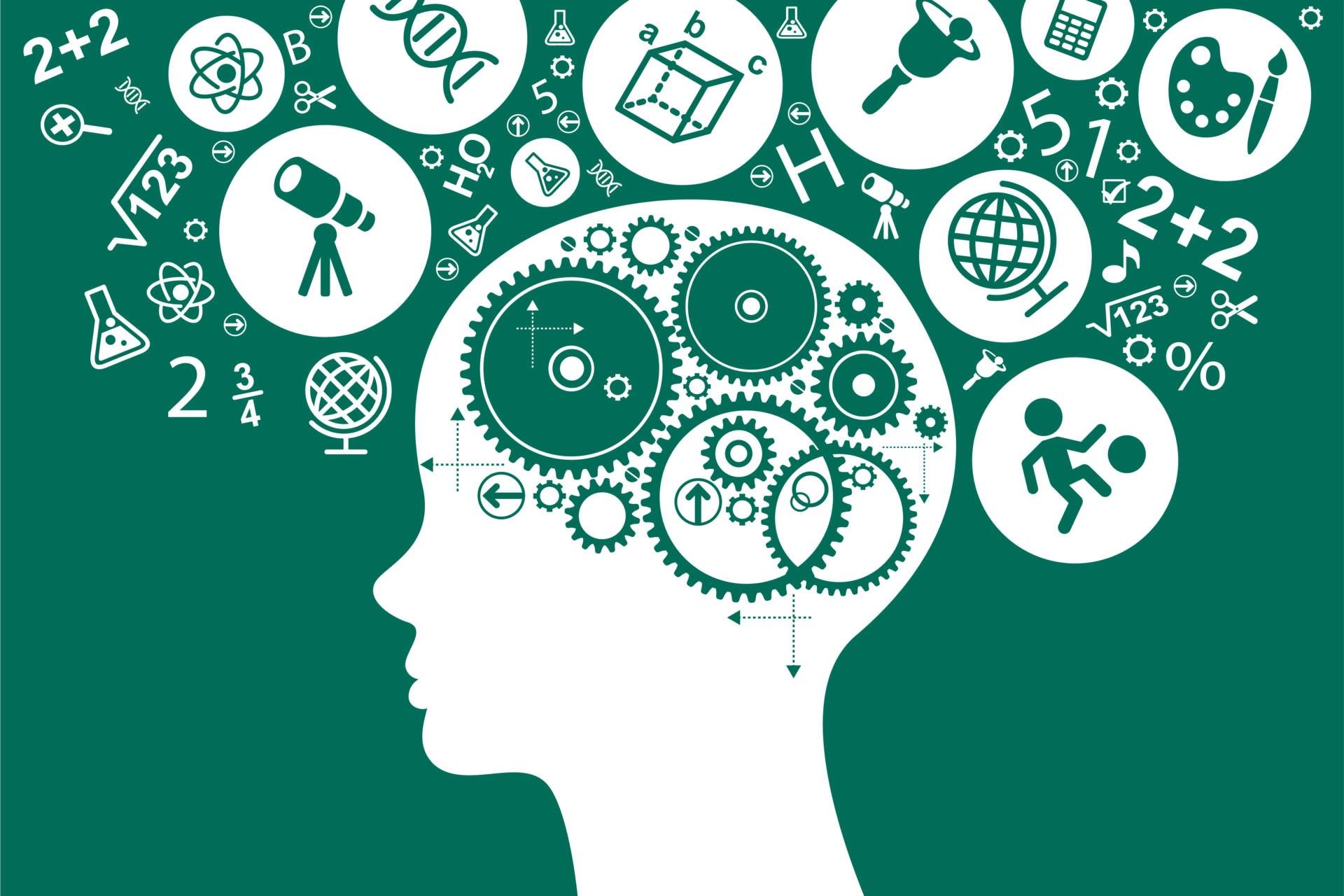
Metacognition is a fancy word for thinking about thinking. It’s like having a conversation with your brain about how it works. Imagine being able to understand how you learn best, solve problems more effectively, and even improve your memory. Metacognition helps you become aware of your own thought processes, making it easier to tackle challenges and achieve goals. Whether you're a student aiming for better grades or someone looking to boost productivity, understanding metacognition can be a game-changer. Ready to dive into 32 fascinating facts about this mind-bending topic? Let’s explore how mastering metacognition can transform the way you think, learn, and grow.
What is Metacognition?
Metacognition is the awareness and understanding of one's own thought processes. It involves thinking about thinking, knowing about knowing, and being aware of one's own learning. Here are some fascinating facts about metacognition:
-
Metacognition Origin: The term "metacognition" was coined by American developmental psychologist John H. Flavell in the late 1970s.
-
Two Components: Metacognition consists of two main components: metacognitive knowledge and metacognitive regulation.
-
Metacognitive Knowledge: This refers to what individuals know about their own cognition or about cognition in general.
-
Metacognitive Regulation: This involves the regulation of cognition through planning, monitoring, and evaluating.
Importance of Metacognition
Understanding metacognition can significantly impact learning and problem-solving. Here are some reasons why metacognition is important:
-
Improves Learning: Metacognitive strategies can help students learn more effectively by allowing them to understand their learning processes.
-
Enhances Problem-Solving: Being aware of one's thinking can lead to better problem-solving skills.
-
Boosts Academic Performance: Students who use metacognitive strategies often perform better academically.
-
Promotes Self-Regulation: Metacognition helps individuals regulate their own learning and behavior.
Metacognitive Strategies
There are various strategies that can help enhance metacognitive skills. Here are some effective ones:
-
Self-Questioning: Asking oneself questions about the material being learned can improve understanding and retention.
-
Think-Alouds: Verbalizing thoughts while solving a problem can help clarify thinking processes.
-
Concept Mapping: Creating visual representations of information can aid in understanding and memory.
-
Reflective Journals: Writing about one's learning experiences can enhance self-awareness and understanding.
Metacognition in Education
Metacognition plays a crucial role in education. Here are some ways it is applied:
-
Teacher Training: Educators are often trained in metacognitive strategies to help students learn more effectively.
-
Student Assessments: Assessments can include metacognitive components to evaluate students' awareness of their own learning.
-
Curriculum Design: Curricula can be designed to include metacognitive activities and strategies.
-
Classroom Activities: Teachers can incorporate metacognitive activities, such as group discussions and peer teaching, into their lessons.
Metacognition and Cognitive Development
Metacognition is closely linked to cognitive development. Here are some interesting connections:
-
Developmental Stages: Metacognitive abilities develop over time, with significant growth occurring during adolescence.
-
Executive Function: Metacognition is related to executive functions, such as planning, decision-making, and problem-solving.
-
Cognitive Flexibility: Metacognitive skills can enhance cognitive flexibility, allowing individuals to adapt their thinking to new situations.
-
Memory Improvement: Metacognitive strategies can improve memory by helping individuals understand how they learn best.
Metacognition in Everyday Life
Metacognition isn't just for students; it can be applied in everyday life. Here are some examples:
-
Decision-Making: Being aware of one's thought processes can lead to better decision-making.
-
Problem-Solving: Metacognitive skills can help individuals solve everyday problems more effectively.
-
Time Management: Understanding how one thinks can lead to better time management and organization.
-
Emotional Regulation: Metacognition can help individuals regulate their emotions by understanding their thought patterns.
Metacognition and Technology
Technology can be a powerful tool for enhancing metacognitive skills. Here are some ways it is used:
-
Educational Software: Many educational programs include metacognitive components to help students learn more effectively.
-
Online Courses: Online courses often incorporate metacognitive strategies, such as self-assessment and reflection.
-
Apps and Tools: There are numerous apps and tools designed to help individuals develop metacognitive skills.
-
Virtual Reality: VR can provide immersive experiences that enhance metacognitive awareness and learning.
Research on Metacognition
Research on metacognition has provided valuable insights into how we think and learn. Here are some key findings:
-
Brain Studies: Neuroimaging studies have shown that metacognitive processes involve specific brain regions, such as the prefrontal cortex.
-
Educational Outcomes: Research has shown that metacognitive strategies can significantly improve educational outcomes.
-
Individual Differences: Studies have found that there are individual differences in metacognitive abilities, which can impact learning and performance.
-
Interventions: Research has shown that metacognitive interventions can be effective in improving learning and problem-solving skills.
The Power of Metacognition
Metacognition, or thinking about thinking, is a game-changer. It helps us understand how we learn, solve problems, and make decisions. By being aware of our thought processes, we can improve our learning strategies and become more effective learners. This self-awareness can lead to better academic performance, enhanced problem-solving skills, and greater emotional intelligence.
Teachers and parents can foster metacognitive skills in children by encouraging them to reflect on their thinking, ask questions, and set goals. Simple practices like keeping a journal, discussing thought processes, and using graphic organizers can make a big difference.
Metacognition isn't just for students. Professionals and lifelong learners can benefit from these skills too. By regularly assessing and adjusting our thinking, we can adapt to new challenges and continue growing. Embrace metacognition, and unlock your full potential.
Was this page helpful?
Our commitment to delivering trustworthy and engaging content is at the heart of what we do. Each fact on our site is contributed by real users like you, bringing a wealth of diverse insights and information. To ensure the highest standards of accuracy and reliability, our dedicated editors meticulously review each submission. This process guarantees that the facts we share are not only fascinating but also credible. Trust in our commitment to quality and authenticity as you explore and learn with us.
